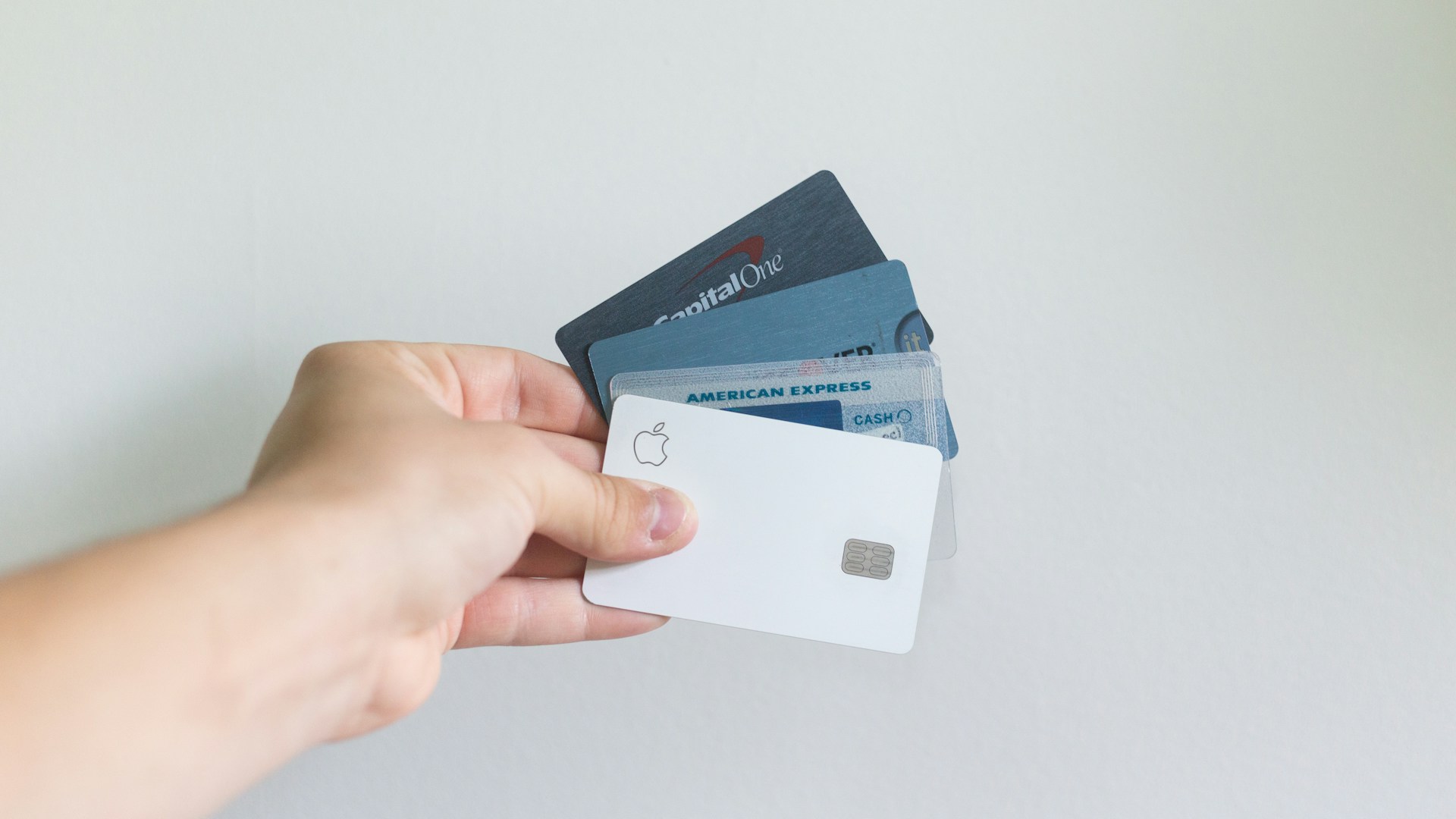6 Smart Ways to Manage Your Debt Wisely
Can’t seem to rid yourself of debt? Tired of living in the red? Or paying off high-interest loans that eat into most of your monthly income?
If so, it’s time to reconsider how you manage your debt and your approach to resolving it. Regardless of how large your outstanding balances are, you can absolutely pay them off and put yourself on the path of financial security. All you need is a solid plan and the consistency to see it through. Here are some intelligent debt management tips that will allow you to turn over a new leaf in your financial journey and reorient yourself towards fiscal stability.
1. Check Your Credit Report
Step one to managing your debt is to assess your financial situation. How much is your monthly income versus your monthly debt payments? Your debt-to-income (DTI) ratio is a crucial indicator, not just for you as an individual or family, but also for potential lenders. It can determine what kinds of loans or even interest rebates you’re eligible for in the future.
Of course the biggest criteria to determine eligibility is your credit score, which should ideally be 700 or above to be considered good. You can ask your bank or credit card company to see if they’re willing to give you your credit score at no cost. You can always request a free copy of your credit report, which includes your credit score as well as all your outstanding debts, from any one of three credit reporting agencies.
2. Budget Wisely
Ultimately, debt payments are an expense. In order to manage your debt, you must manage your household expenses and see if you can carve out some surplus income to service your balances. The sooner you pay off your debt, the sooner it’s off your books and the better it is for your credit score.
Start with your discretionary expenses. See if you can cut back on them or look up cheaper alternatives. Intelligent budgeting is crucial to debt management because not only will it help you keep you on an even keel financially speaking, it can also help you avoid borrowing more.
3. Prioritize High-Interest Debt
An effective long-term strategy to manage multiple debt accounts is to first pay off your high-interest debt, such as credit card debt and other unsecured loans; prioritize larger payments on these, while making minimum payments on your other loans.
This helps you save money by paying less interest over the duration of your loan. Once it’s paid off, move on to the loan with the next-highest rate of interest. This is sometimes referred to as the ‘avalanche method’ to minimize your interest payments over time.
4. Consolidate Where Possible
Consolidation can prove to be a key step in managing your debt. If you’re unfamiliar with the concept, debt consolidation is where you take on a new low-interest loan to pay off one or more high-interest loans.
You can opt for a specialized debt consolidation loan that is structured to help you achieve this outcome, but most standard personal loans can also be used for this purpose. Another useful consolidation tool for credit card debt is to opt for a balance transfer card. These are typically offered at promotional APRs of as low as 0% for a limited period of time. You can transfer your credit balance to the new card to manage your debt and pay it off at a lower rate of interest.
5. Be Proactive in Educating Yourself
Intelligent debt management requires keeping up with all the information that could possibly help you. This includes reading up on new and viable strategies to reduce your debt. If possible, avoid opening new debt accounts. The fewer loans you have, the easier it is to manage your debt and the better it is for your credit score.
If you do need to take on new loans or opt for consolidation strategies, make sure you source as many offers as possible from different lenders so that you can select the best one for your needs. With Lending Tower, you can check your potential interest rate online before you even apply for a loan.
6. Contact a Credit Counselor
If your debt proves too much for you to handle by yourself, consider hiring a professional debt counselor. They can provide useful debt management tips and create a plan for you to follow. A debt reduction agency can also help consolidate your debt by negotiating with your creditors on your behalf to reduce your interest rates. The agency then takes on your debt and you can pay it off at a lower or fixed interest rate.
Manage Your Debt With a Top-Rated Online Lender
Lending Tower, an A+ rated company by the Better Business Bureau, has been the preferred financial partner for thousands of customers across the U.S. Through transparency and tailored lending options, we’re committed to helping you reduce your debt burden and achieve your financial goals. See highly competitive interest rates and fast funding when you partner with us. Reach out to one of our lending specialists 24/7 for more intelligent debt management tips and solutions.




Leave a Reply
Want to join the discussion?Feel free to contribute!